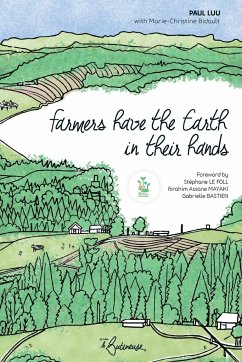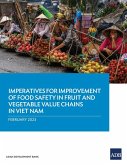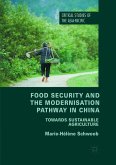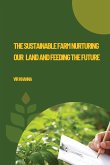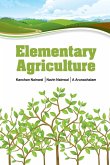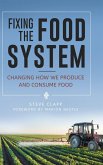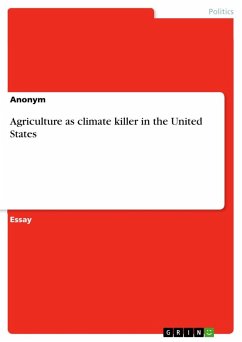How can we feed 10 billion people tomorrow? Can we avoid deforestation, the intensive use of fertilisers and synthetic products, which aggravate climate change and the erosion of biodiversity? Should the debate be limited to a strict opposition between organic and conventional agriculture ? Can a better distribution of resources and changes in diet solve everything? There is no single answer to all these questions, but agriculture has a magical side. It is not only part of the problem, it is also part of the solution, thanks to the superpowers of the soil. By being alive, preserved and regenerated, the soil can feed us, ensure the diversity of life on Earth and store carbon to help offset our greenhouse gas emissions. Through a few scientific benchmarks, a brief historical review and the exploration of virtuous practices that can contribute to the life of the soil, this book opens up a bright future. Farmers have the Earth in their hands, but it is up to all of us to support them.

